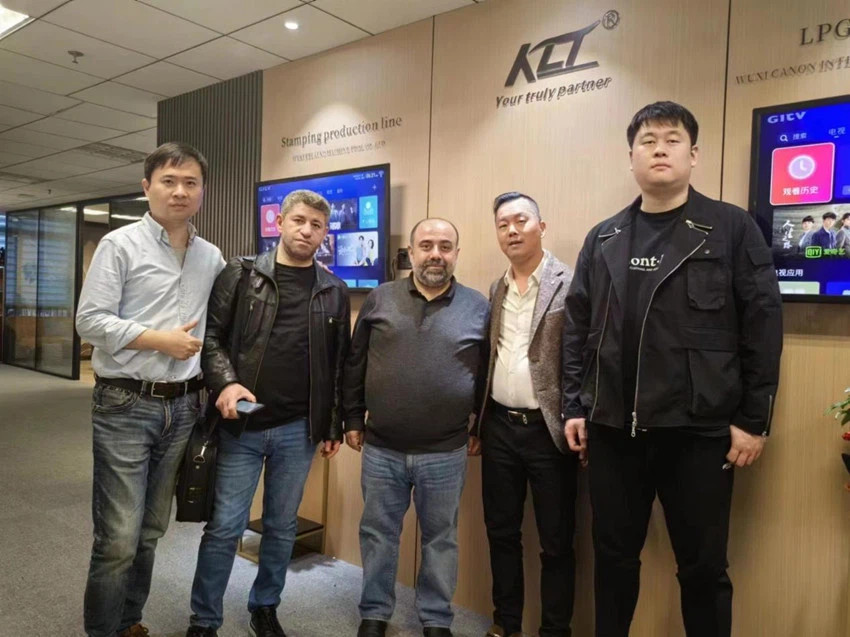Single-column hydraulic presses widely use water as a working chemical substance, and then add a small amount of emulsified oil to the water to form an emulsion to improve wettability and reduce rust. The wettability and corrosion resistance of a single-column hydraulic press are close to those of oil, and the oil content. The transmission system of a four-column hydraulic press mainly has two modes: pump immediate drive and pump-accumulator drive.
The single-column hydraulic machine's comprehensive pump supplies high-pressure working fluid to the hydraulic cylinder. During operation, the flow distribution valve is mainly used to change the direction of the fluid supply. The speed control valve is used to adjust the system to limit the pressure and also plays a safety overflow role. . This transmission system has fewer links and a simple structure. The pressure can be automatically adjusted according to the required working force, which reduces power consumption. However, the working force and operating speed of the four-column hydraulic machine must be used to control the capacity of the pump and its driving motor. This type of transmission system can be used in large and medium-sized hydraulic presses, and can also be used to freely forge four-column hydraulic presses with large and medium-sized pumps (such as 120,000 kN sellers) that are driven directly by the pump.
There will be one or a group of energy accumulators in the transmission system of the single-column hydraulic press. During actual operation, when the high-pressure cutting fluid provided by the pump is too much, it will be stored by the energy accumulator; but when the supply amount is not enough, it will be stored by the energy accumulator. Energy storage makes up for giving. Using this system, the capacity of the pump and motor can be selected according to the average demand of high-pressure cutting fluid. However, since the pressure of the cutting fluid does not change, the amount of energy used is relatively large, and the system has many processes and the structure is relatively complex. This kind of transmission system is mostly used in large, medium and small four-column hydraulic presses, or one transmission system is used to push several four-column hydraulic presses.



